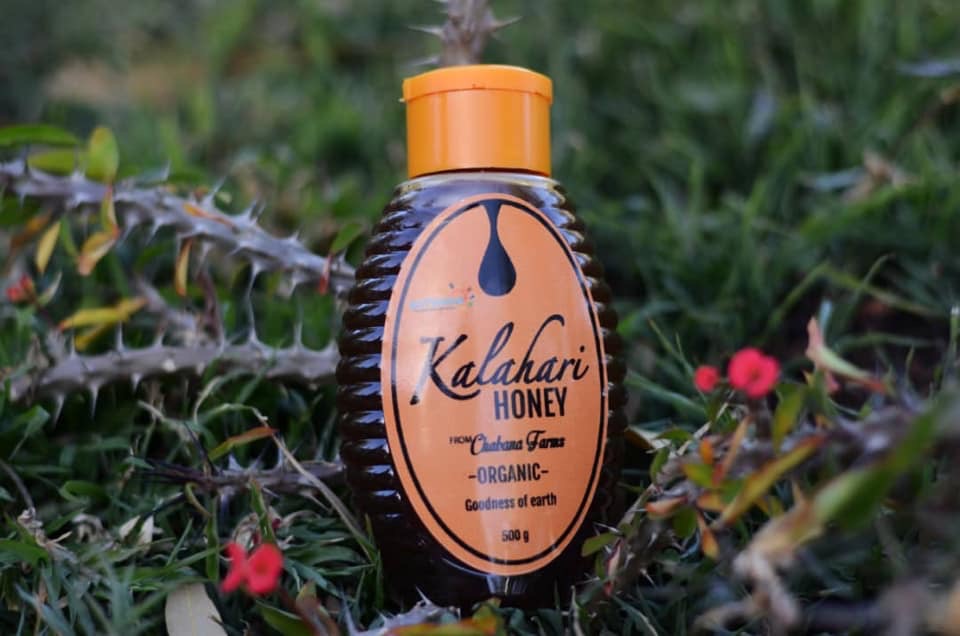Kalahari Honey: Model for Conservation and Community Development

By Grace Ademulegun
One woman’s creative idea changed the environment, both physically and figuratively, in the Okavango Delta of Botswana, where human-elephant conflict (HEC) is a regular occurrence.
The inventor of Kalahari Honey, Mavis Nduchwa, transformed community empowerment, conservation, and the moderation of conflicts between humans and wildlife.
In Botswana, habitat loss and fragmentation have made HEC worse as humans and elephants increasingly vie for limited resources like water and land.
There are serious repercussions, including property damage, agricultural ruin, livestock injuries, and even human deaths. Elephants are the most hazardous wild animals in Botswana, having killed 67 people there between 2009 and 2019.
Mavis Nduchwa’s Kalahari Honey became a ray of hope in this difficult situation. The social enterprise, which was founded in 2015, uses beekeeping to solve HEC and provide rural people with economic opportunity.
The distinctive strategy used by Kalahari Honey entails educating and providing rural farmers with beehives, which serve as organic elephant deterrents.
The company produces honey and other bee products and enables farmers to protect their crops. Kalahari Honey purchases these goods from farmers, processes them, bundles them, and ships them to domestic and foreign markets.
This creative concept guarantees that farmers make money in addition to safeguarding their livelihoods.
By 2019, Kalahari Honey had established a network of 300 outgrower farmers, most of whom were women, and had shipped 12 tonnes of honey to the US through e-commerce as well as to neighbouring nations like Namibia and Lesotho.
The contributions of Kalahari Honey go well beyond only fixing HEC. Six of the UN Sustainable Development Goals are addressed by the company: food security, gender equality, job creation, wildlife protection, and land sustainability.
The following are the primary impacts of Kalahari honey:
Economic Empowerment by increasing the income of more than 500 workers in HEC-prone areas by selling honey; Training Programs through educating communities in sustainable agriculture, venom farming, pollen collection, beekeeping, and candle making; Environmental restoration which includes fighting desertification, bringing in new plant species, and increasing pollination through larger bee colonies; Market Growth through exporting goods to three other nations and gaining 40% of the honey market in Botswana.
Together with its emphasis on gender equality, the company’s ecological initiatives have promoted sustainable communities and brought peace back between people and nature.
After realising the potential of this value-added product, Kalahari Honey began producing honey wine in 2019. Since Botswana had no wineries, the company aimed to close this gap and broaden its customer base.
Mavis Nduchwa tragically died of COVID-19 complications in 2021 at the age of 39. However, Brighton Chabana, her spouse and business partner, continues her legacy. While taking care of their two young sons, Brighton has taken over Kalahari Honey, making sure that Mavis’ goal for community development and conservation continues to exist.
Mavis’ groundbreaking efforts at Kalahari Honey have had a lasting impact on both enterprise and conservation.
Her life’s work of balancing people, wildlife, and the environment never ceases to motivate, proving that even in the midst of hardship, sustainable solutions to environmental problems are achievable.
